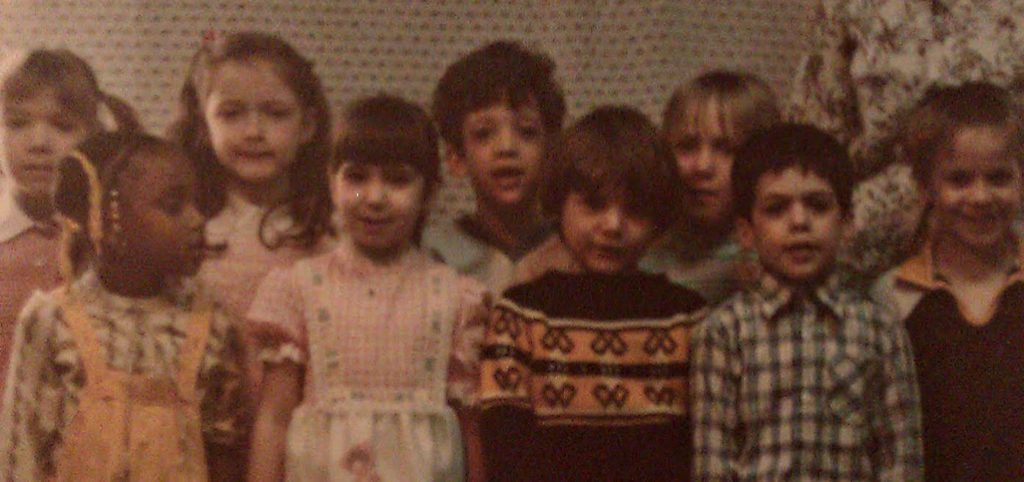
Today in the midst of various conversations with different people making disagreeing statements, posting different perspectives and views, I observe that there is a LOT to be expressed, and fundamentally heard.
One thing someone shared was a common statement I’ve heard numerous times by different people who state “I don’t see color”. Typically the meaning behind that is that they don’t see a difference between them and others, and I get it. The implication is that from their perspective, they consider others the same or equal. Well, the latter part of that may be true, but to say that you see someone else as the “same” is problematic. It can be interpreted that you’re saying that someone has to be the same as you in order for you to see them as equal.
To say that one doesn’t see color implies that you are ignoring certain aspects of others that make them the person they are. One’s skin tone or heritage or nationality IS a characteristic of that individual. Now, what we make that mean is a whole other thing, but to say that you don’t see a Black man or Latinx woman or Caucasian boy or Native American girl is to deny what is actually true.
And by saying you don’t SEE that is to deny the truth of who or what a person is. Often the statement of not SEEing someone’s color is expressed when that person’s color is different from our own. The implication is that you can’t or won’t accept their difference, you make that difference mean something that is typically negative, or you are in denial of the two previously stated points. And the idea of acknowledging any of those make us uncomfortable, because it typically means we possess a prejudice or racist view. And most of us don’t want to admit to being prejudiced or racist.
I’ve spent years working with youth and delivering programs, many embedded with aspects educating them on youth voice and creating change, which included concepts of power, race, understanding oppression, the roots of violence and more. Before working on projects that spoke to violence and injustices we see in the world, it was important to me to ensure our youth understood the root causes of it in the fundamental aspects of oppression, prejudice, various ‘isms’ and our history.
Our preconceived opinions or prejudices, in which just about ALL of us possess, are the very things that cause divide in the differences that exist between us. It is not the differences that are the problem, it’s what we make those differences mean, that is the problem.
It’s key that we SEE our differences, acknowledge and respect them. The things that contribute to our biggest problems and societal ills is one, not respecting our differences, two, not seeking a mutual understanding of those differences of perspectives, and three, ignoring them, minimizing them, and/or ‘acting’ as if or not recognizing that the biases we have based on those differences are what creates systems in which our society operates that keep inequities and injustices in place.
I say all that to say, that with all that is going on in the world (ie. COVID-19, unjust killings, protests, riots), are we really willing to do what is necessary if we want to start to heal, address injustices and dismantle centuries of systematic oppression and injustice within our society?
If so, acknowledging the areas within ourselves that are uncomfortable to face, having uncomfortable dialogue to get these often hidden views out in the open so we can educate each other, and coming to the table with respect, an ear to listen, a willingness to learn, and a humble desire to truly seek change, would be a simple start. Yet, in order to do that, we must first be willing to SEE the truth of each other, as well as within ourselves.
